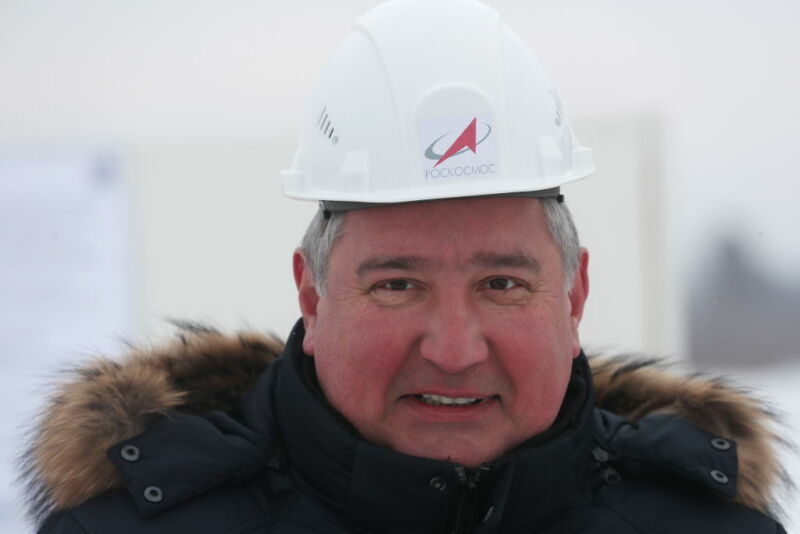
In recent months, the Russian space industry has talked a good game about its plans for developing new rockets to compete on the international stage.
One of the country's storied rocket engine manufacturers, NPO Energomash, announced it was working on developing a large, methane-fueled rocket engine, named the RD-0177. This engine was part of an overall plan for a "new generation" of rockets. The work comes as three US rocket companies, SpaceX, United Launch Alliance, and Blue Origin, are building their next-generation rockets around methane engines.
Additionally, Russian officials have continued to talk about developing the Soyuz 5 rocket—a medium-lift rocket that is supposed to provide affordable access to space. This booster has been linked to Sea Launch's floating spaceport as well as human launches in the mid-2020s.
However, Ivan Moiseev, the head of the Russian Space Policy Institute, said these projects are best thought of as "paper rockets," lacking the funding to become real hardware.
“In fact, we do not have a clear and understandable strategy for space travel, and huge problems have accumulated inside Russia’s space industry," he said in an interview with the Vzglyad online newspaper (a translation of this article was provided by Robinson Mitchell). "At this time, Roscosmos is coming up with all kinds of new rocket projects on paper but only those which will remain on paper and will never come to fruition."
These announcements of futuristic rocket projects likely play well domestically, feeding into Russia's image as a superpower. But the real future of Russia's rocket program appears less than bright.
Waiting for Angara
For decades, to deliver large payloads into space and compete for international launch contracts, Russia relied primarily on the Proton rocket. This booster, which debuted in the 1960s, had a base price of about $65 million, which was competitive with SpaceX's Falcon 9 booster. But it has had reliability issues of late, and about 15 years ago, the Russian government decided to develop the "Angara 5" rocket to replace the Proton rocket.
The Angara 5 rocket has flown once, in 2014, lofting a 2-ton mass simulator into geosynchronous orbit. But due to a number of factors, including costs, production issues, and a lack of demand, the Angara 5 rocket has not flown since. Nevertheless, the Angara 5 rocket is slated to take over for the more modestly priced Proton rocket within the next few years.
Russia's state news service, TASS, reported on Monday that efforts are underway to cut the price of the Angara 5 rocket from more than $100 million per launch to $57 million by 2024. These cost savings would come along with serial production of the rocket rather than single production.
But Russian observers of the industry continue to mistrust these official statements. "Angara has no chance of successful competition,” said Andrey Ionin, member of the Russian Academy of Cosmonautics. Of Russia's plan to reduce the costs of the Angara 5 rocket, Ionin said, "This is an attempt to bombard real facts with informational garbage." He does not believe the rocket can ever be competitive with the reusable Falcon 9 rocket.
The reality seems to be that Russia's next rocket costs substantially more than the rocket it is replacing, the Proton. This comes at a time when international price competition, led by SpaceX but joined by Japan's H3 and Europe's Ariane 6 boosters, is hotter than ever.
"much" - Google News
June 29, 2020 at 11:57PM
https://ift.tt/2ZjyZMP
Russia’s replacement for the Proton rocket costs way too much - Ars Technica
"much" - Google News
https://ift.tt/37eLLij
Shoes Man Tutorial
Pos News Update
Meme Update
Korean Entertainment News
Japan News Update
Bagikan Berita Ini














0 Response to "Russia’s replacement for the Proton rocket costs way too much - Ars Technica"
Post a Comment